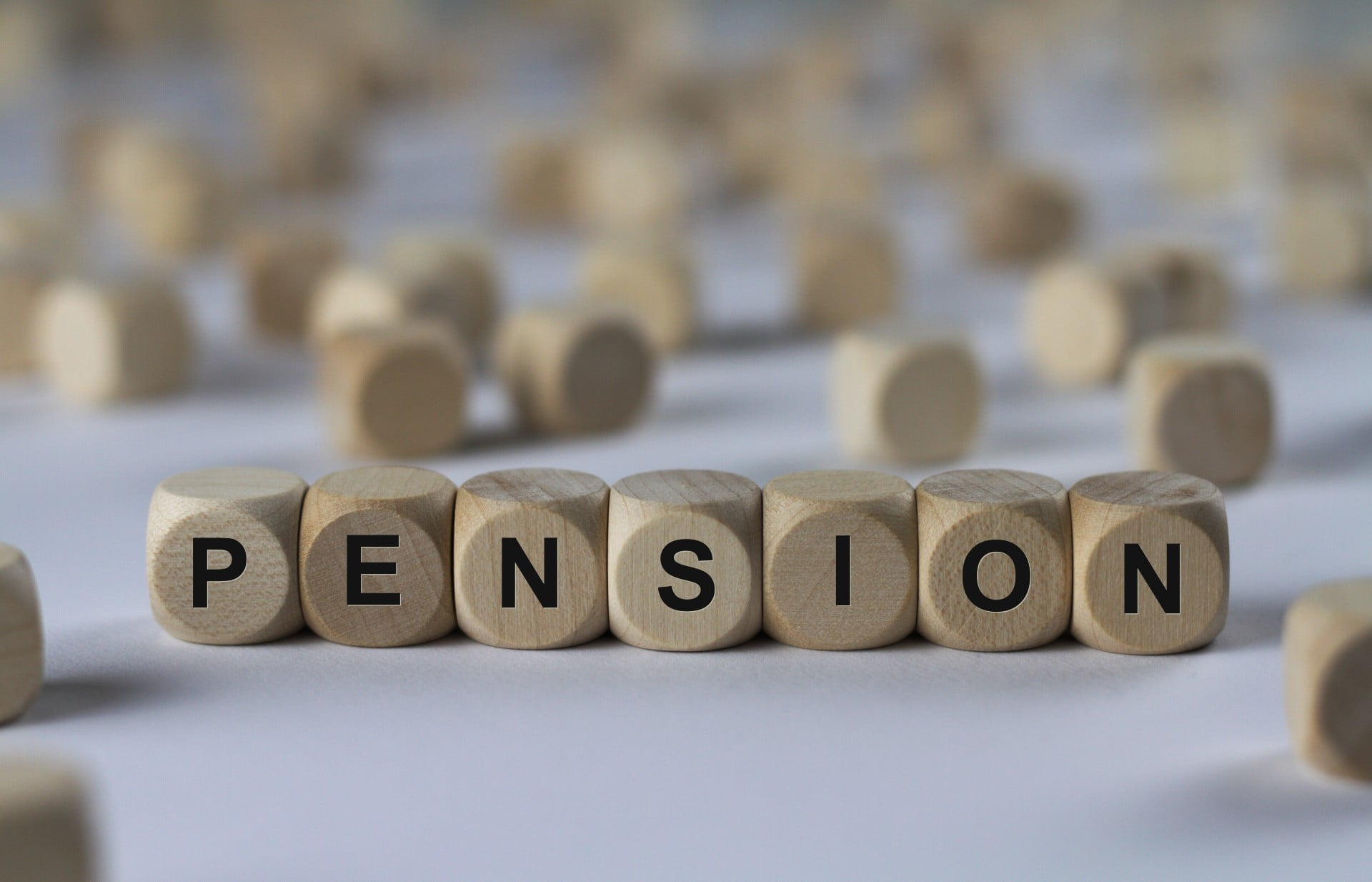Myth 1: It’s too early to start thinking about my pension
This is a complete myth, it is never too early to start saving into your pension and in fact, the earlier the better. The sooner you start to invest in your pension, the more time it has to grow. The larger the pot, the more you are able to earn and over the long term, this can have a huge impact on your final pension amount.
It is often helpful to consider the “rule of 72”. Using this rule, you simply divide 72 by the annual growth rate or interest rate. For example, if you had retirement savings that were returning a hypothetical 5% a year, it would take around 14 to 15 years to double in value.
Although this is purely an example, it demonstrates the huge benefit that can be gained from starting to save into your pension early.
Furthermore, regular contributions continue to grow your pot. During a volatile market, if markets fall in value, each contribution buys more units for your money. This helps build up your pot over the long term.
Myth 2: I’ve left it too late to start saving into my pension
Although starting to save earlier is always going to be better in terms of investment growth, this doesn’t mean that it is never worthwhile doing a last-minute payment push towards your pension later on in life.
As your pension contributions will benefit from tax relief, it can always still be worthwhile. If you pay basic rate income tax, it will only cost you £80 to put £100 into your pension pot. Plus, higher rate taxpayers benefit from further tax relief by way of their tax return. Although you would still have to pay income tax on the money when you take it out of your pension, you could be on a lower tax rate by that point. Also, pensions offer a 25% tax free pension commencement lump sum too.
There is another tax benefit, pensions don’t form part of your estate for Inheritance Tax Purposes. Plus, in the event of death prior to age 75, your nominated beneficiaries have the potential opportunity to draw all funds out of your pot, with no income tax to pay.
You could potentially make contributions of £40,000 in each tax year. This is subject to some other rules, therefore tailored advice is always key. For example, the tampered annual allowance for a high earner, could mean that allowance is lower. Also, if you are making an employee contribution i.e. a net personal contribution, tax relief is only available on your relevant earnings. It’s vital to take advice prior to making a pension contribution.
There is also the possibility to carry forward any unused allowances from the previous three tax years, this could give you a huge boost even if looking at retiring imminently. Again, this is subject to a number of factors and it is important to seek advice prior to making pension contributions.
Myth 3: The State Pension will be enough for my retirement
Depending on what you want to achieve from your retirement, you may find that relying on the state pension could leave you drastically short of achieving what you have in mind. The full State Pension is £185.15 per week for the 2022/23 tax year, providing you have paid the necessary 35 years National Insurance. This equates to around £9,600 a year which works out much less than you would earn if you were working a full-time job on minimum wage, this comparison helps put the figures into perspective.
With the ever-rising costs of living, it is certainly worth doing your sums carefully and if you are planning on relying solely on your state pension, that it will enable you to live a lifestyle you are comfortable with in retirement.
However, it does provide an invaluable income underpin.
Myth 4: I don’t need to worry about my pension as I have property
Lots of people have invested heavily in property over recent years, particularly given the impressive rate at which property prices seem to have grown but this isn’t always the best route to go down and there are a few factors which mean this is a route you should be cautious of as a method of saving for retirement.
The main issue tends to be the lack of flexibility in relying heavily on property to fund a retirement. The capital value in property itself isn’t liquid, meaning it cannot easily be converted into cash in a short amount of time. Along with this, there is often a large amount of time and work required in renting out property to bring in a regular income.
If you do own property and decide to sell to raise funds for retirement, there are no guarantees as to how long that could take, and property also won’t allow you to spread your money across a range of different assets like a pension plan does. Should you choose to invest in property outside a pension fund, you may have to pay income tax, capital gains tax and inheritance tax on your investment.
It is worth noting that commercial property can actually be held within a pension fund and is certainly an option worth looking into if relevant to your circumstances.
With pension plans, you will also have some generous tax advantages: a pension can benefit from a tax relief on contributions made, tax free growth within the pension, a potential 25% tax-free pension commencement lump sum when you draw retirement benefits and a pension wouldn’t normally form part of your estate for inheritance tax purposes.
Get in touch
For further information or advice, contact a member of our financial planning team today to talk through your personal circumstances, email enquiries@pmm.co.uk or call 01254 679131.
The information contained within this article is purely for information purposes and does not constitute financial advice.



